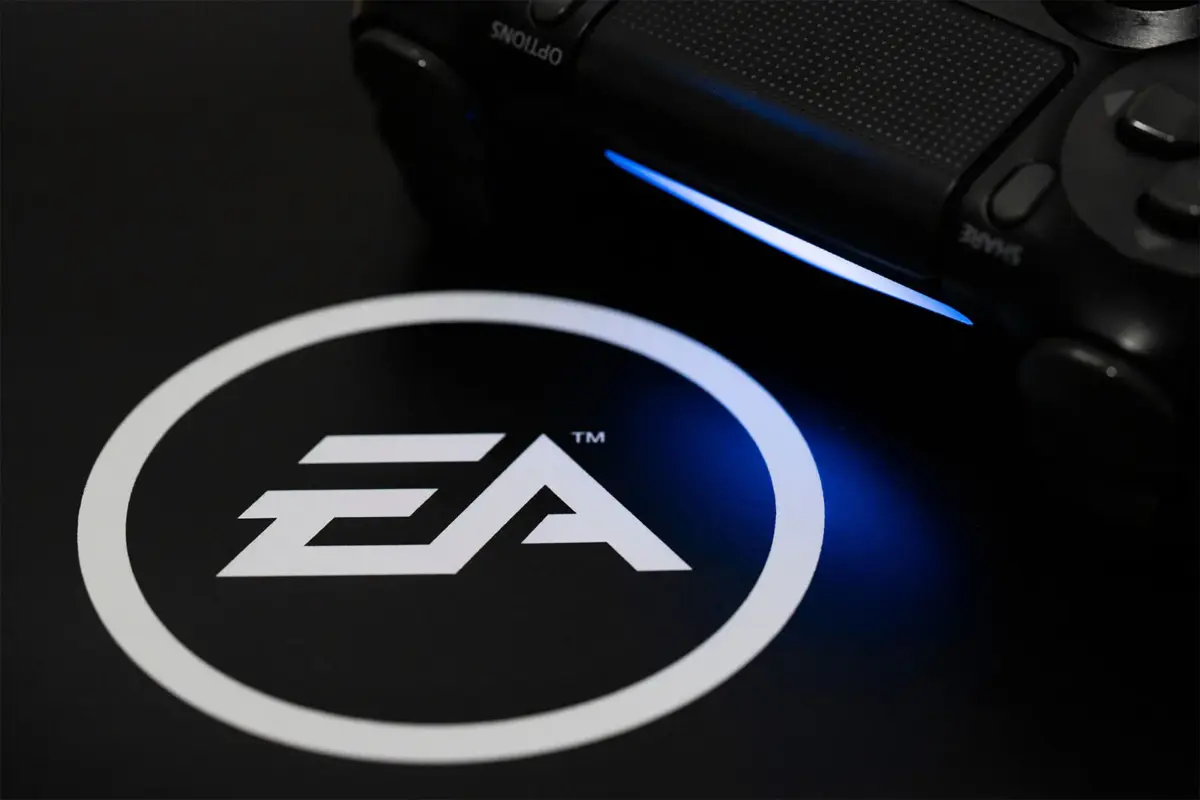The $55 billion EA Saudi Arabia buyout was a modern horror story in a gaming dress. A giant leveraged deal, a huge mountain of debt, and one of the most loathed publishers being handed to private equity money and Saudi Arabia’s Public Investment Fund (PFI).
But a couple of months later, there’s a juicy twist that negates everything we thought about the deal previously. Now get this – the same fund that helped bankroll the record-setting EA buyout, is now reportedly tightening the taps after a spree of ambitious investments.
Now, after all this stuff happening, the question isn’t anymore: “what will EA’s new owners do?”, but rather “how good of a deal was this, in retrospect?” For a company about to be saddled with $20 billion in debt under the new management, we’re going to dare a guess in saying: That’s probably not the vibe you want going on – not even for your investors.
EA Saudi Arabia Buyout Promised Huge Investment
On paper, the EA deal was textbook late-capitalism gaming. An investor group led by Silver Lake, Saudi Arabia’s PIF, and Jared Kushner’s Affinity Partners moves in with a $55 billion offer. EA goes private. Shareholders get a 20–25% premium on their stock. EA itself takes on about $20 billion in debt to make the numbers work.
Long-term believers in EA’s big live-service engines, of which there are a few, as you might know (FIFA-now-FC, Madden, Apex, Battlefield) take the company off the public markets, away from quarterly earnings drama. In return, they get a cash machine they can “optimize” behind closed doors.
Analysts framed it as the biggest leveraged buyout in gaming history, and one of the largest ever in any industry, although the deal sparked genuine concern over EA’s studio culture. The deal is currently expected to close around fiscal Q1 2027, assuming regulators don’t throw a grenade into it. In the meantime, EA operates in a weird limbo: technically independent, but with everyone already staring at the incoming ownership like a tidal wave on the horizon.
The Big PIF Spending Spree Hits an Unsuspected Wall
The new crack in the armor comes from reporting on Saudi Arabia’s Public Investment Fund itself. Over the last few years, PIF has sought to ramp up its soft power moves into gaming.
- PIF now owns Savvy Games Group (Monopoly Go, Esports World Cup).
- It has sizeable stakes in big companies such as Nintendo, Embracer Group, Capcom, Take-Two and others
- Then there’s the EA deal – which is arguable its biggest endeavor in gaming yet.
The worst part is, to stick with the gaming theme, gaming itself is just a side quest for that fund. The real money sink is inside Saudi Arabia, since PIF is bankrolling a long list of huge project: Neom and its infamous “Line” city, a cruise line, a coffee chain, and even an EV startup, which, unsurprisingly still hasn’t delivered a car years after it originally launched.
According to sources like the New York Times, those projects are not necessarily making for good liquidity and are now running into some financial distress, which lead to PIF to start warning partners that it’s effectively out of juice.
That not only means, new investments aren’t anywhere to be seen, and the existing ones are seizing to receive further funds. In reality though, a lot of that mumbo-jumbo is locked up in stuff that’s hard to sell and even harder to quantify or even value. Contrary to how all of that sounds like, a spokesperson for PIF claims they’re still very liquid, with around $60 billion in cash, but multiple insiders are holding against it – who to believe?
The end of the story is, the board is now steering toward more predictable and, dare we say, conventional investments, like stocks and bonds, and are leaving splashy vanity projects for others to scrape off the floor. Crucially for us gamers, the EA buyout is already in motion, so that ship has effectively sailed.
What Could Going Back On That Deal Mean For EA In The Long Run?
To be perfectly honest, while all of that doesn’t sound great for our biggest “worst company of the year” winner EA, we’re pretty sure that doesn’t mean it will collaps tomorrow. What’s more likely, is that it plays out in one of a few, slower, and uglier ways – a slow, agonizing death, if you will.
Scenario 1: The buyout does go through, but the promised “business as usual” era never arrives, so instead we get years of restructuring, regurgitating IPs, and, yes, sadly lots of staff cuts.
Scenario 2: Regulators get a bit spooked by the growing noise around PIF’s finances and foreign influences, and will therefore slap on conditions that complicate or even indefinitely delay the closing of that deal.
Scenario 3: This is the worst case scenario, the EA-super-GAU, so to speak. If PIF’s money issues persist, or God forbid become even worse, the ownership group might look to offload pieces of EA, and then break up parts of the business. Even worse worst case? Reselling assets to get lost cash back.
While all of these scenarios sound grim, none of them will be great for the player and the impact wouldn’t be felt subtly in any way, shape, or form. We predict the focus being even more on sports games, shooters, and soulless live-service games, which can be milked effectively, without too much risk – or creativity, for that matter.
The uncomfortable truth is that EA has effectively become collateral in a much larger financial experiment – one that has nothing to do with games and everything to do with Saudi Arabia’s attempt to reinvent itself through mega-projects and high-profile investments.






